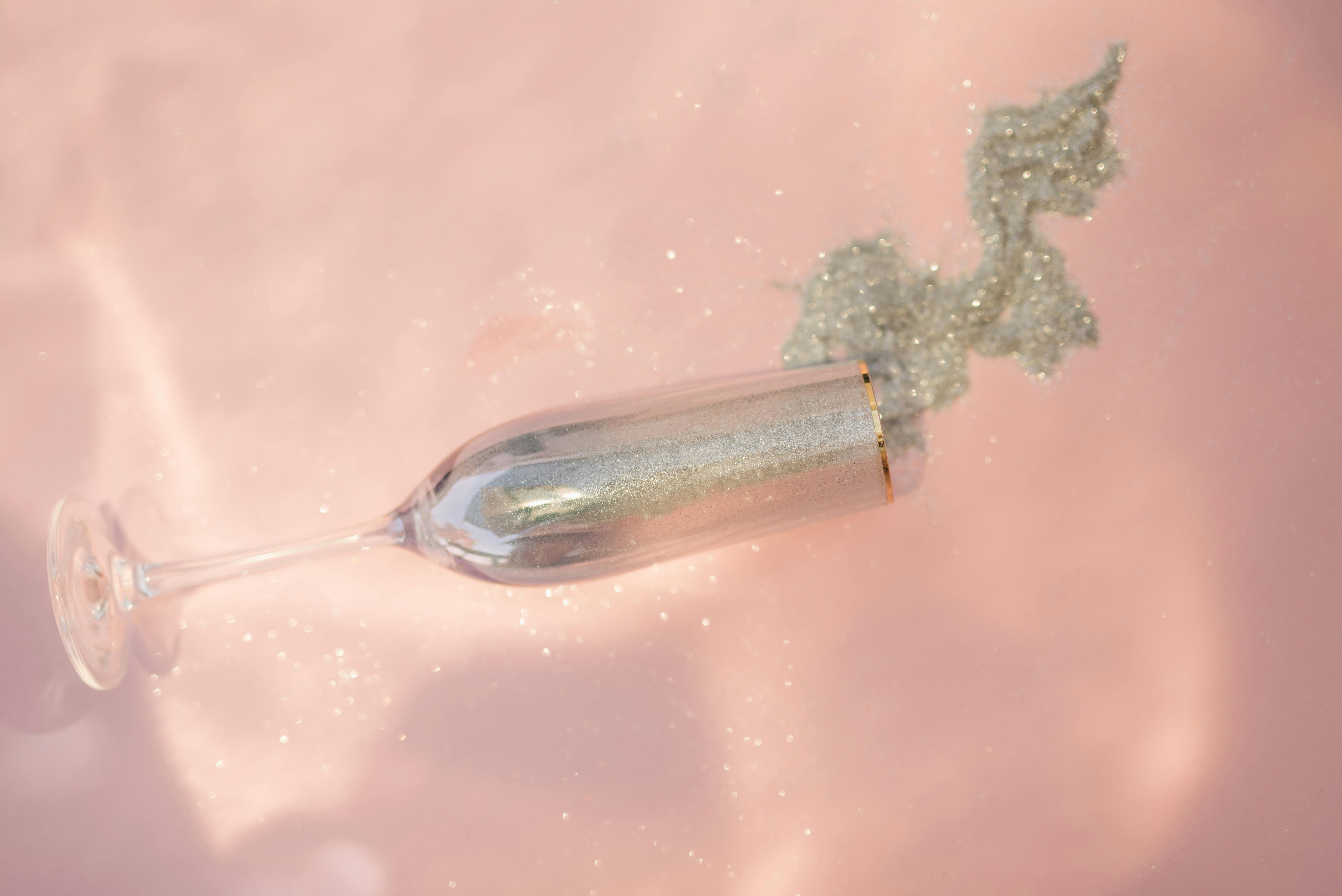Everyone will ask you to eat only “healthy” foods and to avoid cold or cold foods, as your body is cold after delivery. This applies to the top 3 races in Malaysia, but sometimes what is considered ‘healthy’ can be ‘cool’ for another, adding to our dilemma. The best option is to taste the food according to the advice of your culture and religion and learn to substitute ingredients whenever possible to suit your tastes. I’m afraid that my culinary experience is limited to Chinese and Western food, so I can only talk about this type of food at the moment.
Traditional Chinese confinement food mainly consists of old ginger, rice wine, sesame oil, black vinegar, some hot alcohol, lots of meat, especially kampong chicken and lean pork, white fish like white pomfret, and some vegetables.
Apparently, you are supposed to eat 30 chickens, 12 bottles of rice wine, and 15 kilos of old ginger root during this period. Whether you can achieve this is up to you, but I find that most women today cannot. On average, if you practice what is recommended, the cost could be about RM 1000.00 ++ for the food alone.
Foods to avoid only during the first week
Ginger: delays wound healing and increases the risk of jaundice in the baby. Substitute it with pepper or garlic.
Fish – Causes lochia or foul-smelling secretions.
The alcohols that are recommended for consumption during the month of closure are: Brandy, Yomeishu, rice wine and Guinness Malta because they are ‘yang’. If you don’t drink, this sudden consumption can cause alcohol rash, face flushing, and heart palpitations, so take it easy. Alcohol passes to the baby through breast milk, so if you want a good night’s sleep, drink the alcohol after dinner. The alcohol content is reduced during cooking, so you may consider adding it to your food during cooking rather than drinking it alone. Guinness Malta is non-alcoholic and high in iron, making it suitable if you are anemic. Pulut rice is rich in iron, which is why it is used to make rice wine for nursing mothers. Rice is low in fat and cholesterol free with high dietary fiber content to reduce the risk of heart attack and diabetes. It is better known as Shaoxing wine.
Drinks
It is believed that iced or cold beverages can cause a severe impact on the system and further weaken the “cold” body, so it is strongly recommended that hot boiled teas be consumed throughout the day as they are supposed to help warm the uterus. For those who don’t believe in these teas, they can try drinking chamomile tea which is also beneficial for the baby as it helps to reduce the wind.
Soups
Soup is a nutritious substitute for water. You can use any meat as a broth. Meat provides fat that is essential for the extraction of fat-soluble nutrients. Drinking soup about 1 hour before breastfeeding can help increase milk flow. Chinese soups are usually clear and easier to drink compared to creamy western soups and are less fattening.
Here are some food ingredients you may want to add to your diet during the postnatal ‘delivery’ month.
The boxthorn fruit or Chinese wolf berry is best known for correcting poor eyesight and eyestrain. Used in conjunction with other herbs, it is effective in enhancing energy and strength.
Chinese angelica root or dong kwai is supposed to nourish female organs, relieve menstrual pain, and prevent bleeding.
Chinese yam (wai san) used together with meat and other herbs helps digestion, regulates sugar level and controls inflammation of the uterus. The dried variety should be soaked for at least 15 minutes before use to remove dust.
Solomon’s seal (yok chuk) is used to alleviate many ailments, especially those affecting the throat and lungs.
Sesame oil, in addition to being rich in vitamin E, iron and calcium, helps to heal the uterus and eliminate “dirty residual blood”.
Chestnuts invigorate vital energy. Solve fatigue, depression and irritability. High content of phosphorus, selenium and calcium
Black vinegar is made from glutinous rice and reduces the ph of food. It filters calcium from cooked bones with it, so it is used to prepare calcium-rich foods especially for nursing mothers and also relieves windy abdomen.
Dill has antibacterial and antispasmodic properties. It is a warm herb that aids digestion, eliminates gas, stimulates lactation, freshens breath, and relieves colic. It is the main ingredient in Flu water.
Almonds and walnuts contain leucine and isoleucine, which are amino acids that regulate growth, blood sugar, and wound healing.
Malaysian confinement food is the same as normal, but with a lot of jamu, which are basically natural herbal remedies used internally and externally for health and beauty. Make sure the products are registered with the Ministry of Health and that they are locally produced.
Kani seeds contain antioxidants to promote youth, tighten vaginal muscles, prevent excessive discharge, odor, and itchiness. Firms the breasts and promotes healing of the reproductive system after childbirth.
Gallanggal is a member of the ginger family and works as an antibiotic. It warms the body, cleanses the blood, improves appetite, reduces wind and energizes muscles.
Pegaga leaves increase energy, help alleviate sleep problems, improve blood circulation.
Turmeric works as an antibiotic and promotes a healthy circulatory system.
Thigh leaves are rich in protein, vitamin C and A, beta-carotene, iron, calcium, potassium, and other minerals. Due to their nutrients and their ability to stimulate milk flow, they are a valuable food for survival in impoverished countries.
The most important thing to remember is that you should be comfortable with what you eat. Don’t force yourself to eat something that you don’t like or that will cause you problems later on. Although he is “in confinement”, he is not a prisoner per se.



